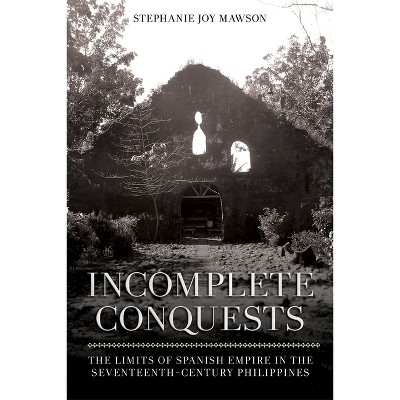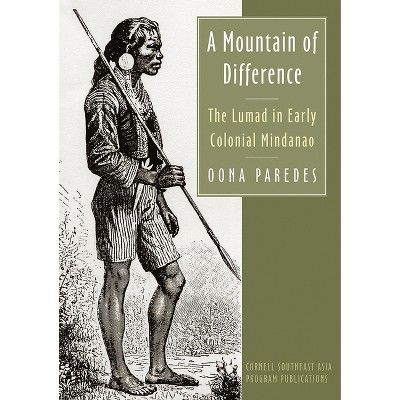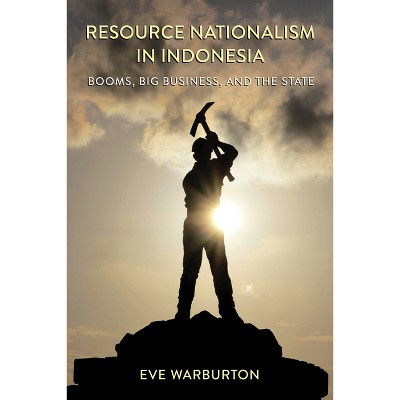The Drama of Dictatorship - by Joseph Scalice (Paperback)

About this item
Highlights
- The Drama of Dictatorship uncovers the role played by rival Communist parties in the conflict that culminated in Ferdinand Marcos's declaration of martial law in 1972.
- About the Author: Joseph Scalice is Presidential Postdoctoral Fellow, Nanyang Technological University.
- 384 Pages
- Social Science, Ethnic Studies
Description
About the Book
"The first attempt in English -- indeed, in any language -- to write the history of how Marcos was able to impose a military dictatorship on the Philippines, arguing that it was the rivalry between the two Stalinist parties -- the PKP and the CPP -- that facilitated and enabled Marcos' consolidation of power"--Book Synopsis
The Drama of Dictatorship uncovers the role played by rival Communist parties in the conflict that culminated in Ferdinand Marcos's declaration of martial law in 1972. Using the voluminous radical literature of the period, Joseph Scalice reveals how two parties, the PKP and the CPP, torn apart by the Sino-Soviet dispute, subordinated the explosive mass struggles of the time behind rival elite conspirators. The PKP backed Marcos and the CPP, his bourgeois opponents. The absence of an independent mass movement in defense of democracy made dictatorship possible.
The Drama of Dictatorship argues that the martial law regime was not fundamentally the outcome of Marcos's personal quest to remain in power but rather a consensus of the country's ruling elite, confronted with mounting social unrest, that authoritarian forms of rule were necessary to preserve their property and privileges. The bourgeois opponents of Marcos did not defend democracy but, like Marcos, plotted against it.
Review Quotes
The Drama of Dictatorship is a decisive and timely exemplar of a nuanced and meticulous approach to the history of the Marcos era, which is a rarity in the scholarship on this period. This book forces proponents of both the Golden and the Dark Age narratives to reconsider their beliefs. They will find it challenging to uphold the simplistic, highly selective, and moralistic character of such narratives.
-- "Philippine Journal of Public Policy"About the Author
Joseph Scalice is Presidential Postdoctoral Fellow, Nanyang Technological University. Follow him on X @josephscalice.
Shipping details
Return details
Trending Non-Fiction











